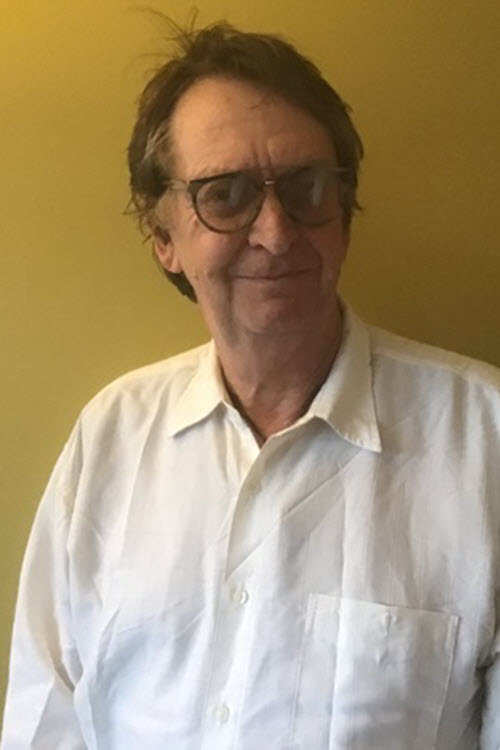Mark Skelding
MindWise
The human body, like any living organism, is shaped by the events and environments around it. In that way, we can think of the body as a keeper of memory, as well as our most immediate and direct connection to the world around. When we experience any shock our body responds. No matter whether we may be knocked or shaken physically, emotionally or mentally our bodies are designed to - ideally - receive and cushion the blow, to distort and dampen its impacts, and then to return to their original shape. Then we may weep, shake, shiver, yell or flex as our body discharges the energy and hormones generated to cope with the extreme event. And then we may take in big gasps of air as we rebalance and calm ourselves. Eventually, most often, we want to tell someone about what happened. In the telling, we make sense of our experience, are seen and affirmed by others, and can restore and sometimes deepen our sense of validity and integrity, reclaiming our deep knowing of who we are and sense of what we value and treasure.
Trauma occurs when this fluid and dynamic process is left incomplete. It may be that the shock was too great, and the body had to break rather than bend. Perhaps we felt as if we had been knocked right out of our bodies. It may be that something about the event leaves us feeling stranded, inadequate, profoundly guilty, hugely unsafe or deeply isolated. Sometimes the present day occurrence becomes a vehicle by which our body has been “reminded” of an old trauma, and siezes the opportunity to start to process it. Sometimes even the very act of seeking physical relief after a physical trauma can open up an old channel. At other times the upset causes us to question what we are doing, and whether we are living the life we deeply wish for.
These are all natural processes. Healing – a word that shares its roots with both wholeness and holy – is almost always a “whole person, whole body” experience. And, for some, it may even be profoundly spiritual. Being able to complete our healing to the fullest extent may require a primarily physical approach. And sometimes the physical healing may need some wider attention.
I have been a counsellor and psychotherapist for over 20 years. I am delighted to be involved with Headwise – its holistic, whole person approach signals anew level of understanding, interest and care for this complex situation.

